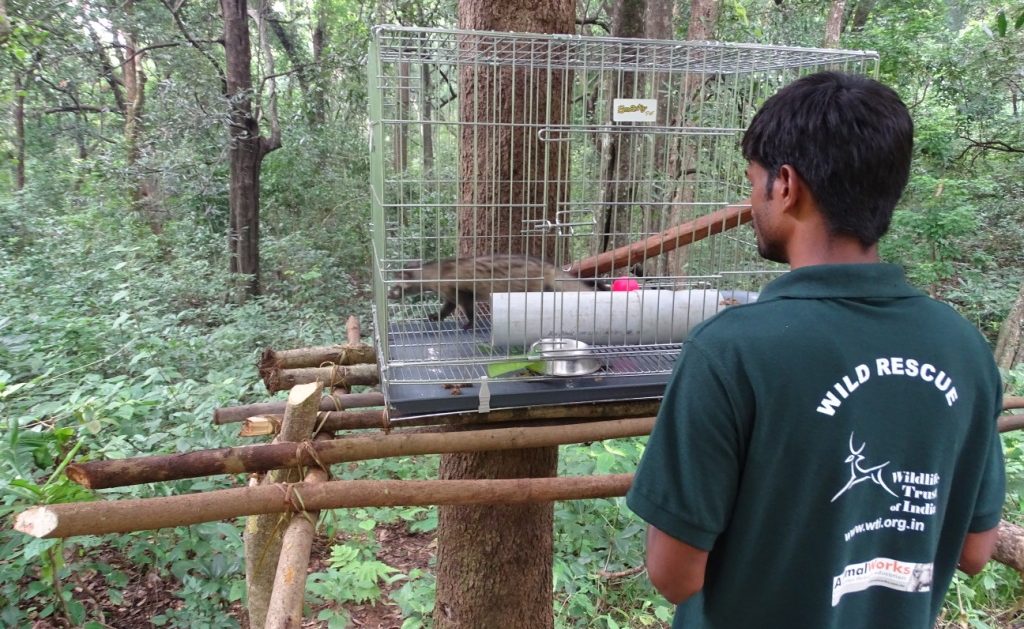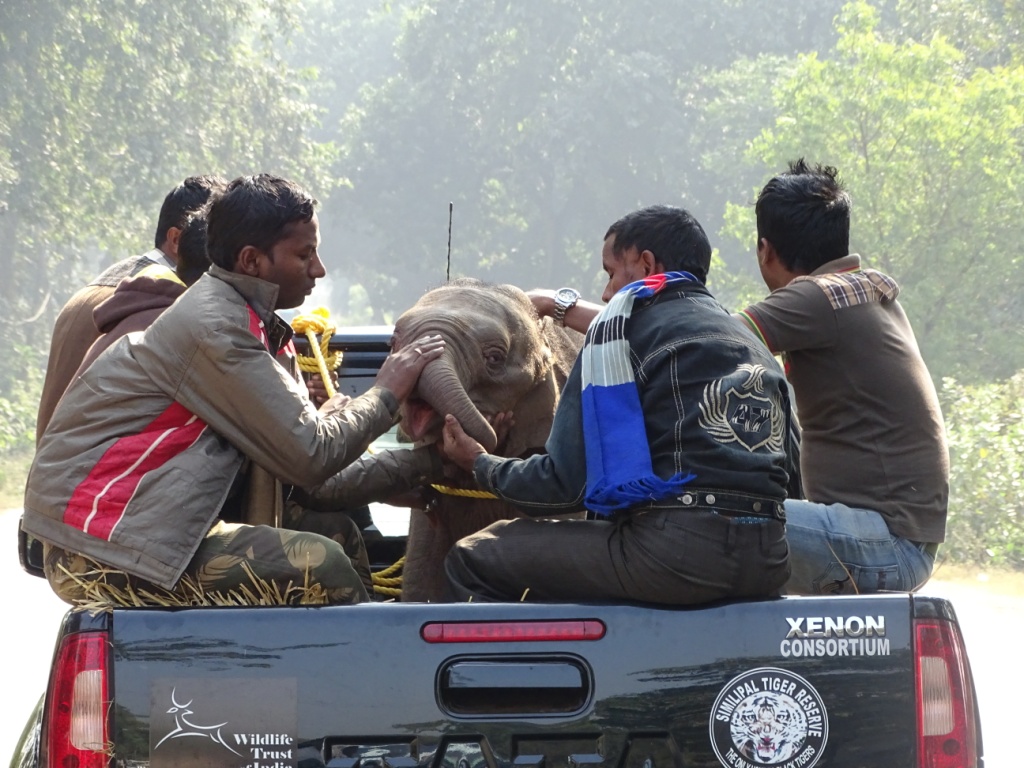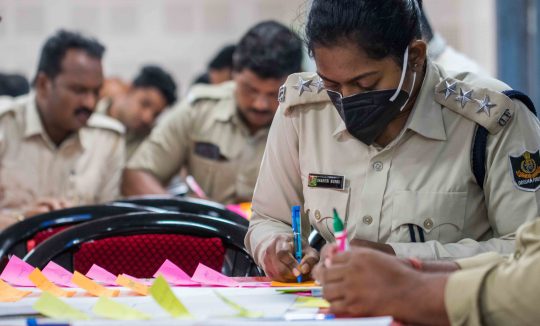Project Info
Project Description
To address the increasing cases of wildlife deaths and injuries amidst escalating human-wildlife conflict, WTI, in collaboration with Odisha State Forest Department established and has been operating Mobile Veterinary Service (MVS) units in Similipal Tiger Reserve (STR) and Keonjhar Forest Division (KDF) of Odisha. The model for the rescue units was based on similar units in the states of Assam and Arunachal Pradesh that have been operational for over two decades. The unit also works on imparting training to the frontline forest staff on conflict mitigation and rescue and rehabilitation of distressed wild animals.
The idea of an MVS unit is to place trained and equipped wildlife veterinarians in important national parks and wildlife sanctuaries of India to ensure that 24-hour quality veterinary service is available to the distressed wildlife of that region. Veterinary service is provided in the form of rescue and rehabilitation of displaced wildlife, animal management during human-wildlife conflict situations, assisting the forest department in conducting necropsies of wildlife deaths, diseases investigation deployment of specific control measures like immunization of livestock living around fringe villages of the protected area and conducting sensitization and capacity building exercises to the local stakeholders. All these activities, basically aim at reducing the loss of biodiversity (displaced animals not being returned to the wild, death tolls due to wildlife diseases, retaliation etc.) that adversely affect the health of the ecosystem in a long-term scenario.

Indian Palm Civet rescue by MVS Similipal | Photograph by Rudra P Mahapatra
The MVS Unit functions with the following objective in mind:
- Provide on-the-spot first-aid and stress alleviation to rescued temporarily disadvantaged wild animals, so that they can be returned to their natural habitat as soon as possible
- Manage animals that require protracted care in temporary shelters till they are fit for release back to the wild
- Promote ethical and humane methods of handling, husbandry and veterinary care of all wild animals handled both in-situ and ex-situ
- Release animals back to the wild following IUCN guidelines on translocation and re-introduction and other best practices guidelines on management, rehabilitation, veterinary care and placement of confiscated animals.
- Assist the forest department in wildlife health management activities like disease investigation and control, and captive elephant management
- Conduct and/or participate in programs on creating awareness and building capacity amongst stakeholders who deal with wildlife emergencies and human-wildlife conflict
- The MVS unit is also assisting the Forest Department in identifying suitable frontline staff at a divisional/range level to become part of a rescue team. They are being equipped and regularly trained on various aspects of handling wildlife, conflict-animal management and best practices on rescue and rehabilitation.
In the long run, the MVS unit operating in the Similipal biosphere reserve aims to adopt a larger “one health” approach. The “one health” concept is an interdisciplinary collaborative approach to human-wildlife and ecosystem health at close interfaces, of which the MVS unit plays a pivotal role in being responsible for wildlife health and monitoring of livestock and human health at close interfaces.
PARTNERS: Odisha Forest Department, Medico Electrodes
For more information about the project: Rudra Mahapatra












